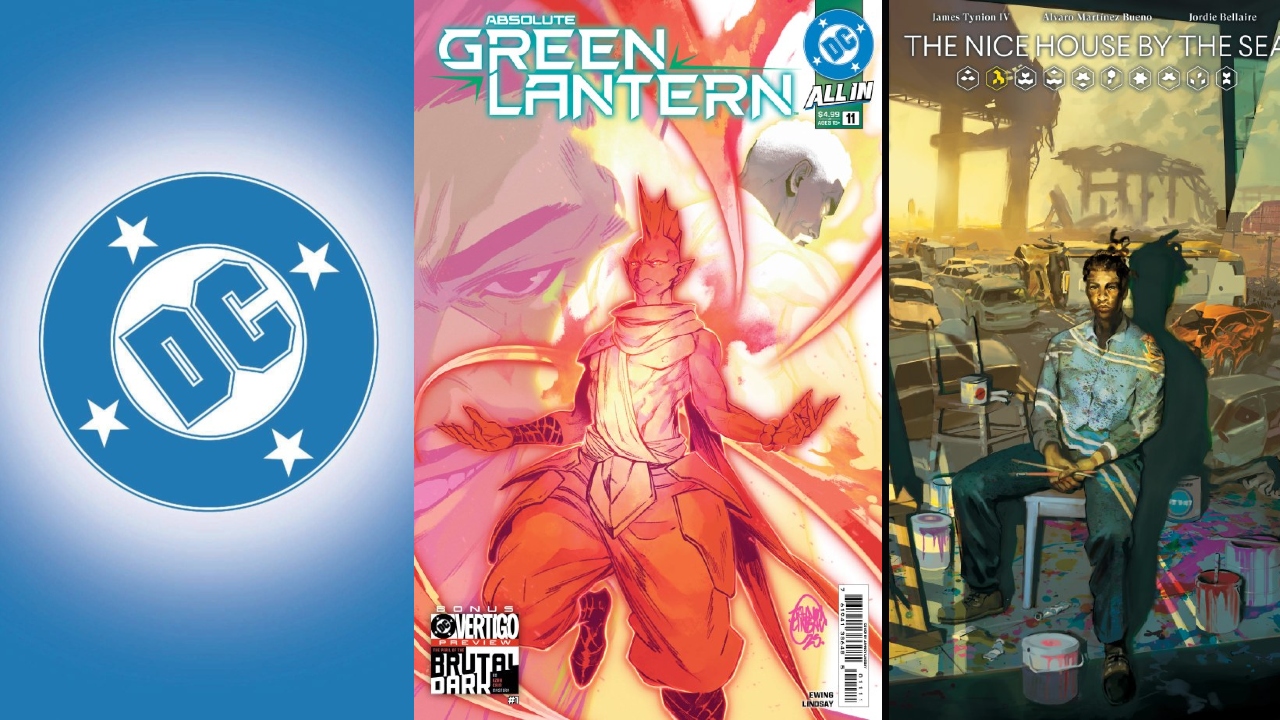Licorice Pizza is the story of Gary Valentine (Cooper Hoffman) and Alana Kane (Alana Haim) as they navigate friendship and love against the backdrop of early 1970’s Hollywood. Gary starts off as a young actor while Alana is a low-level photographer. But after they meet, the two realize how they can compliment and empower each other to take on new challenges. As they encounter new adventures and endeavors, the two try to understand their true feelings for each other.
What works in Licorice Pizza are the character development and the historical recreation of the cinematic industry through a unique a perspective. The evolution of the relationship between Gary and Alana is deep and engaging. Watching these two flawed but deeply kind people flounder is endearing and relatable. There’s something easy to identify with as they recognize they care about each other but are unsure how to make it materialize in a way that meets on some common ground.
RELATED: Censor of Dreams | Léo Berne and Raphaël Rodriguez FYC 2022 Academy Awards Shortlist Interview [Exclusive]
Writer/director Paul Thomas Anderson (There Will Be Blood, Inherent Vice, Phantom Thread) is clearly passionate about the intersection of particular points in history and industry. Here, he delves into the minor characters who brushed against cinematic glory but never broke through. There’s a fascinating study at play looking at the also-rans who had headliner aspirations but ultimately settled for other paths. Anderson captures, through a specific lens, what the 1970’s movie industry looked like for those associated with it in different ways. Perhaps the most entertaining is Bradley Cooper’s version of legendary producer Jon Peters who employs the main characters to install a waterbed.
Licorice Pizza is a deliberate movie—it wants to capture and savor the moments where young love blossoms. It asks audiences to remember those intimate interactions where time froze. This means that people looking for more speed within the narrative may not appreciate the film as much as others. There’s no debate that Licorice Pizza is incredibly well written, but the pacing and awkwardness may be off-putting to some.
Licorice Pizza has some delicious qualities for those who enjoy deep character studies. The attention to detail is remarkable, both in the production design but also the small nuances of how the young men and women cock an eyebrow or enunciate a particular syllable. While the rhythm may not appeal to all, it’s hard not to appreciate the craft on display by Anderson.
Recommended if you Enjoyed: Inherent Vice, Phantom Thread, Once Upon a Time in Hollywood
 FOR FANBOYS, BY FANBOYS
Have you checked out LRM Online’s official podcasts and videos on The Genreverse Podcast Network? Available on YouTube and all your favorite podcast apps, This multimedia empire includes The Daily CoG, Breaking Geek Radio: The Podcast, GeekScholars Movie News, Anime-Versal Review Podcast, and our Star Wars dedicated podcast The Cantina. Check it out by listening on all your favorite podcast apps, or watching on YouTube!
Subscribe on: Apple Podcasts | Spotify | SoundCloud | Stitcher | Google Play
FOR FANBOYS, BY FANBOYS
Have you checked out LRM Online’s official podcasts and videos on The Genreverse Podcast Network? Available on YouTube and all your favorite podcast apps, This multimedia empire includes The Daily CoG, Breaking Geek Radio: The Podcast, GeekScholars Movie News, Anime-Versal Review Podcast, and our Star Wars dedicated podcast The Cantina. Check it out by listening on all your favorite podcast apps, or watching on YouTube!
Subscribe on: Apple Podcasts | Spotify | SoundCloud | Stitcher | Google Play




